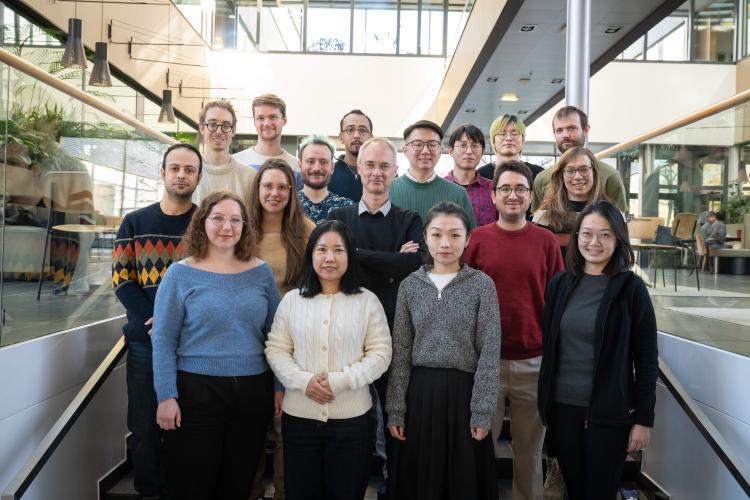Polyploidy Integration & Innovation Institute
Our group is member of the Polyploidy Integration & Innovation Institute (PI3). The PI3 institute aims to produce novel research about the roles, consequences, and innovations of polyploidy using an integrated approach, collaborating with research groups around the world. Our integrated effort will yield much more than the sum of its parts: the new theory that emerges will be coupled with innovative interdisciplinary education, training, workforce development, and outreach.
21 VIB researchers recognized as Clarivate Highly Cited Researchers 2024
Each year, Clarivate honors the world's ‘Highly Cited Researchers’ – exceptional scientists whose work ranks among the top 1% most cited in their field, showcasing their groundbreaking influence on global research. This year, we're excited to announce that 21 VIB researchers have earned this prestigious recognition for their remarkable contributions to science.





